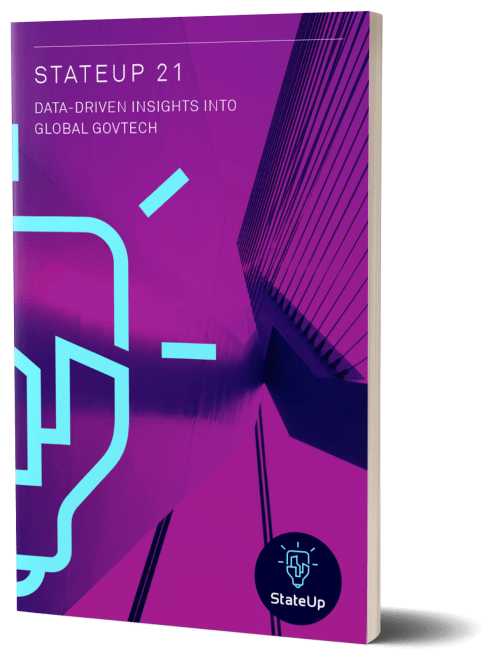Public-Purpose Technology Intelligence
Summary
This information is accurate as of January 2021. For more up-to-date information, access Nebula, our Public-Purpose Tech intelligence platform. Join with our Nebula Community Membership, or upgrade to a Nebula Pro Membership.
- Founded in 2013
- Total funding £1.38 million
- Latest venture round July 2020
- Investors include Media Development Investment Fund, Luminate, KPTL, EDP Ventures
- Based in São Paulo, Brazil
- 15 FTEs
- Recognized by IADB (New Startup award), World Summit Awards, New City Foundation, Pitch Gov (São Paulo), US State Department
- Key executives: Gustavo Maia, Co-Founder and CEO: communications professional, MBA Fundação Getulio Vargas, Endeavor Social Impact Entrepreneur. Paulo Pandolfi, Co-Founder and Commercial Director.
Profile
Colab’s mission is to enable collaborative public management. In a country beset by low levels of trust between state and citizens, the goal is meaningful. The startup leverages the country’s high smartphone penetration and widespread use of social media to facilitate communications on public management issues, from waste collection to crime, between local governments and citizens. Colab's bet is that more collaboration can bolster efficiency, accountability and trust in public management.
Colab’s platform has three main functions. First, users can notify officials about issues such as potholes and graffiti by sending georeferenced messages and photographic evidence that Colab routes to the relevant public agency via the platform’s Occurence Center (known as CdO, its Portugese acronym). Citizens can then track the status of the issue they flagged and respond to questions from local officials. Second, governments can use the platform to conduct asynchronous citizen engagement such as participatory budgeting and consultations. Public servants can then use Colab’s online dashboard to monitor, analyse, and make data-driven decisions based on the responses.
Third, governments can set ‘missions’ designed to incentivise users to engage in specific topics. Participants are ranked according to levels of participation and ‘influence’ within the Colab social network. While the effects of gamification on participation remains under-researched, the CEO, Gustavo Maia, reports that it “improves engagement and motivates citizens,” increasing the likelihood of participation.
Plans
- Reach 1 million citizens by 2021.
- Add greater modularity to both the public servants’ interface and the citizen-facing app.
- Increase accessibility and personalisation of products.
- Integrate with city hall services, becoming a public service 'super app'.
Who Should Speak To This Company
Local governments, particularly in Brazil
Company In Action
Colab has played a central role in the digitisation efforts of the municipality of Santo André (São Paulo, Brazil). Citizens use Colab’s app to access government documents and services that previously required a trip to City Hall. Through the app, citizens can also flag issues in their community such as rubbish that needs collecting or trees that need pruning, providing photo evidence that is sent directly to the relevant public servant. The outcome, as described by Renato Garcia, the Municipality of Santo André’s Director of the Department of Citizen Assistance, is higher quality and more efficient problem resolution.
StateUp View
There is a growing belief that nettlesome public challenges may best be solved through collaborative public management. Colab has bet on this theory since 2013—earlier than most. For a long time, investors did not follow suit. As one Colab employee describes, five years ago “Most of the funds in Brazil wouldn’t even listen to a company that focuses on selling to governments”. But there is increasing interest from impact investors, from which Colab has benefitted, securing funds from the US-based Omidyar (via its Luminate fund) and Media Development Investment Fund.
Brazil provides fertile ground for growth with its 5,570 municipalities, 26 states, and countless public sector agencies. At the federal level, Brazil’s digital government agency is active, and the Brazilian Digital Transformation Strategy, announced in 2018, indicates a willingness to engage technologies to better meet citizens’ wants and needs. While not the only collaborative public management platform, Colab’s contextual understanding of the Brazilian market (which historically has been difficult for foreign firms to enter) may prove a winning ticket.

Get Access To The Full Report
- Discover data-driven insights into key GovTech subsectors and technologies
- Learn how investment into GovTech is changing
- Read the full StateUp 21 member profiles



